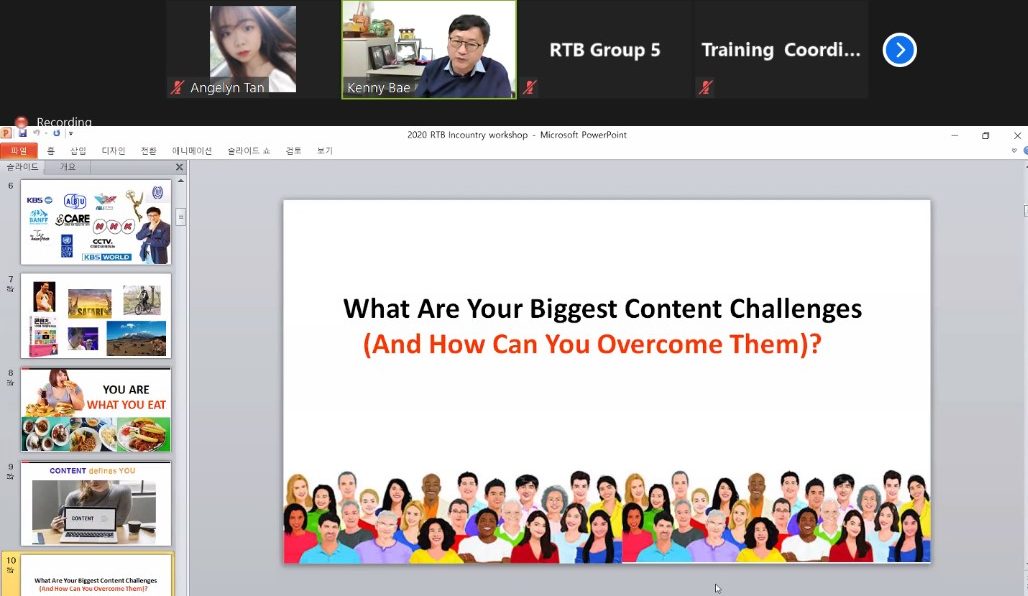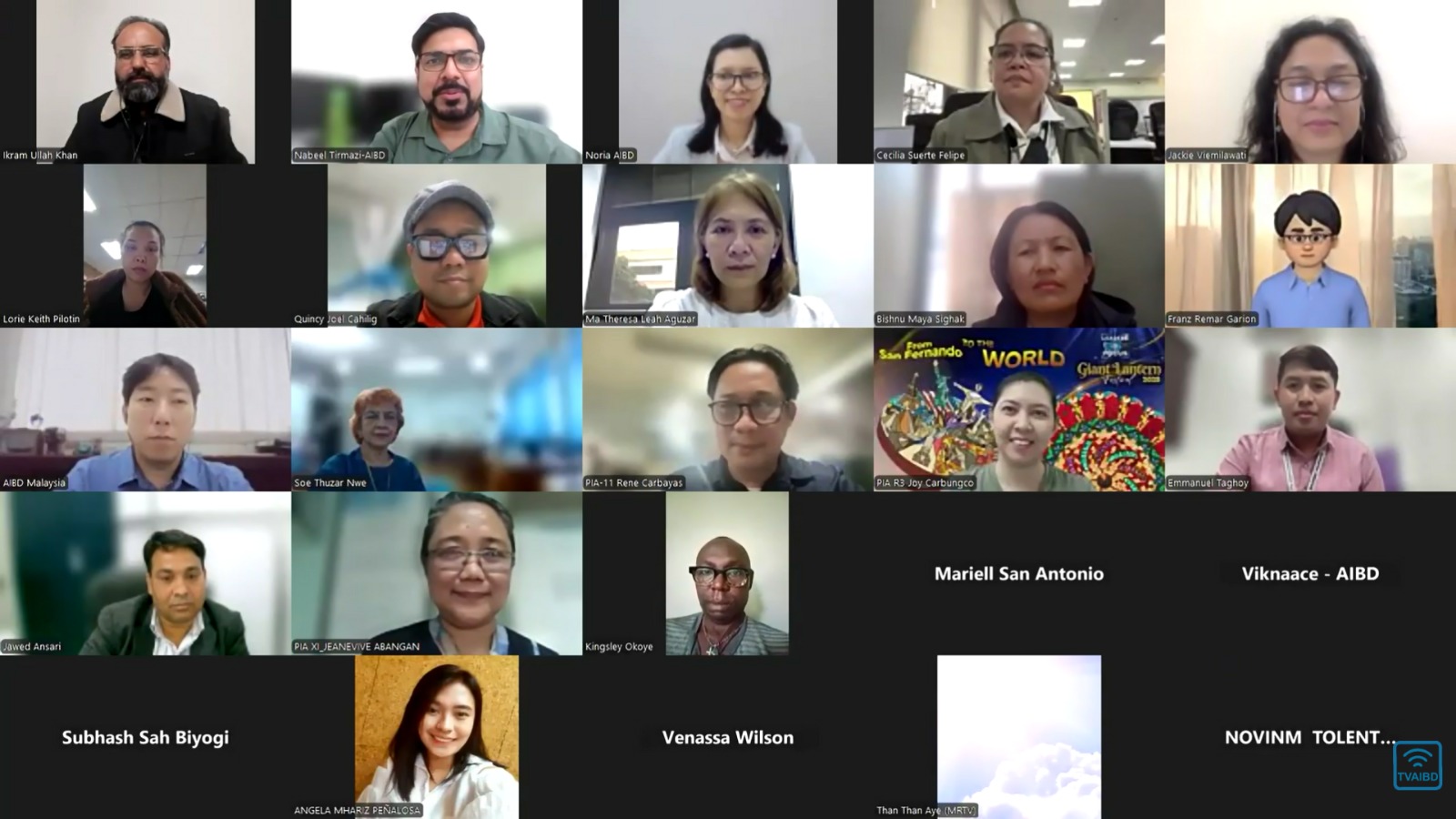
How can legacy media survive in the digitalized landscape?
While all technology, media and entertainment sectors are negatively impacted by coronavirus, legacy broadcasting companies are hit-hard as well and seen a significant ad-revenue loss. We recognize that the current situation is unpredictable and is unlikely to be solved in the near future. We see short-term, viewing of broadcast TV may rises if people stay at home, but it would be simplistic to say that this is good for the broadcasting industry, as we all aware that the negative longer-term impact, assuming an economic downturn, with impact on advertiser confidence and discretionary media spend. Against this scenario, the broadcasters need to create engaging, marketing strategies as well as high-quality content to build stronger relationships with the audience and the market.
Because of this, the In-country Workshop hosted by AIBD on 360 Effective Marketing & Advertising held on 5th November was very timely and relevant. I was privileged to be a trainer and deliver UNTACT lecture to the RTB workers. The ONTACT communications were organized by AIBD colleagues including Monica Phang who made a devoted contribution. 
Right, so called legacy media have a BIG headache. It’s time for the traditional media like RTB Brunei or KBS, Korea to win back the hearts of advertisers and planners, just as the audience figures should win their heads. We need new insights, new ideas to win the emotional battle for space on the schedule, as well as the rational battle. The problem with most traditional media companies isn’t that they’re old, but that they’re too balkanize. Radio people know Radio, TV people know TV. But, the marketing or business departments are separated from the creative sides which make it hard to build the collaboration needed for digital media. To be successful, they will need to integrate skills and develop new principles, instead of relying on old ones. 360 marketing require new thinking.
The objective of the workshop was to identify the ideal combination of media outlets for marketing a content, service, or brand. It involves market research, identifying target audiences, analyzing their propensity to engage with broadcasting content, planning media marketing execution, and working with specific budgets. The workshop is for Content Creators (Radio & TV programmers), Marketing & Advertising Managers, Sales Executive at RTB, Brunei. I was so impressed that all the RTB colleagues enthusiastically took part in the workshop. We gathered and connected thru Zoom. We shared insights about current industry trends, analyzed what the competition is doing, identify the ideal target audiences, and strived to understand where those audiences are most active. Media planning is an integral part of any business strategy. As invited trainer, I tried earnestly to help the participants to craft a successful planning that drives consumer traffic and improves overall brand presence of broadcasting content.
The RTB workshop participants were very sincere. The feedback was very positive towards integrative solutions. At the end of the workshop, the participants were able to understand the desire of their audience and how to maximize platforms available to effective marketing techniques. Even more promising, is the creative possibilities for RTB staff who are willing to strategize effective techniques on marketing and advertising programmes to entice their target audience.
I would like to take this opportunity to express enormous and most sincere thanks for the RTB colleagues for their active participation. I also learned a lot from them. It was everything I was hoping for and more. I hope that we could have face-to-face workshop next year as we miss all the lovely scenes that nurtured the soul in a pre-pandemic world.





